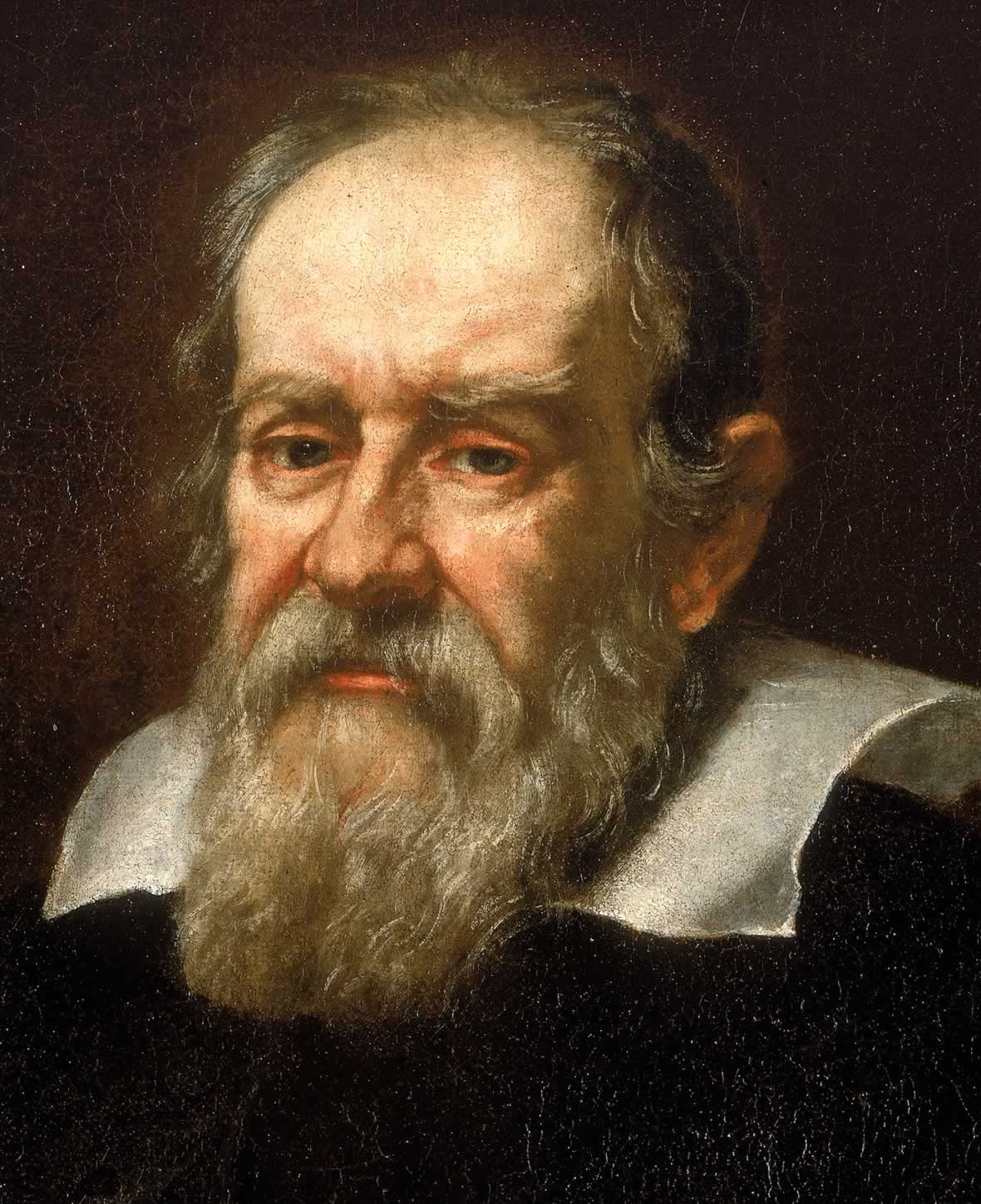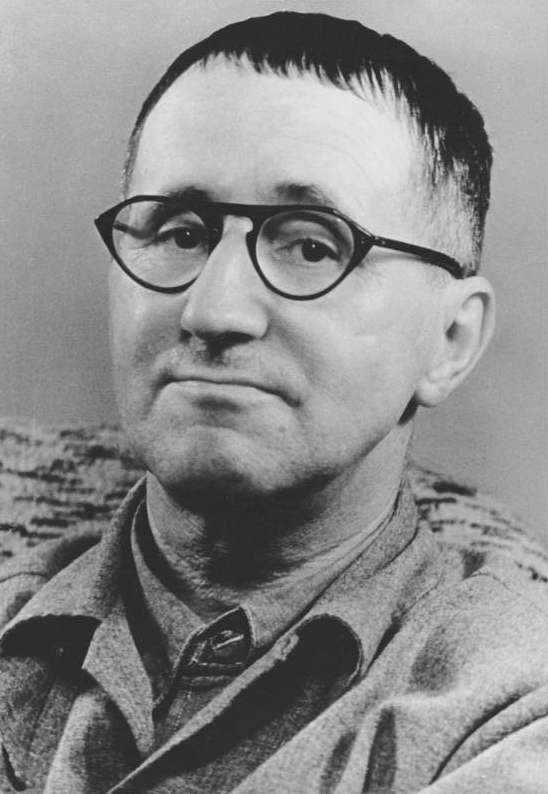|
Leben Des Galilei
''Life of Galileo'' (), also known as ''Galileo'', is a play by the 20th century German dramatist Bertolt Brecht and collaborator Margarete Steffin with incidental music by Hanns Eisler. The play was written in 1938 and received its first theatrical production (in German) at the Zurich Schauspielhaus, opening on the 9th of September 1943. This production was directed by Leonard Steckel, with set-design by Teo Otto. The cast included Steckel himself (as Galileo), Karl Paryla and Wolfgang Langhoff. The second (or "American") version was written in English between 1945–1947 in collaboration with Charles Laughton, and opened at the Coronet Theatre in Los Angeles on 30 July 1947. It was directed by Joseph Losey and Brecht, with musical direction by Serge Hovey and set-design by Robert Davison. Laughton played Galileo, with Hugo Haas as Barberini and Frances Heflin as Virginia. This production opened at the Maxine Elliott's Theatre in New York on 7 December of the same year. ... [...More Info...] [...Related Items...] OR: [Wikipedia] [Google] [Baidu] |
Epic Theatre
Epic theatre (german: episches Theater) is a theatrical movement arising in the early to mid-20th century from the theories and practice of a number of theatre practitioners who responded to the political climate of the time through the creation of new political dramas. Epic theatre is not meant to refer to the scale or the scope of the work, but rather to the form that it takes. Epic theatre emphasizes the audience's perspective and reaction to the piece through a variety of techniques that deliberately cause them to individually engage in a different way. The purpose of epic theatre is not to encourage an audience to suspend their disbelief, but rather to force them to see their world as it is. History The term " epic theatre" comes from Erwin Piscator who coined it during his first year as director of Berlin's Volksbühne (1924–27).Wiles (1980). Piscator aimed to encourage playwrights to address issues related to "contemporary existence." This new subject matter would ... [...More Info...] [...Related Items...] OR: [Wikipedia] [Google] [Baidu] |

